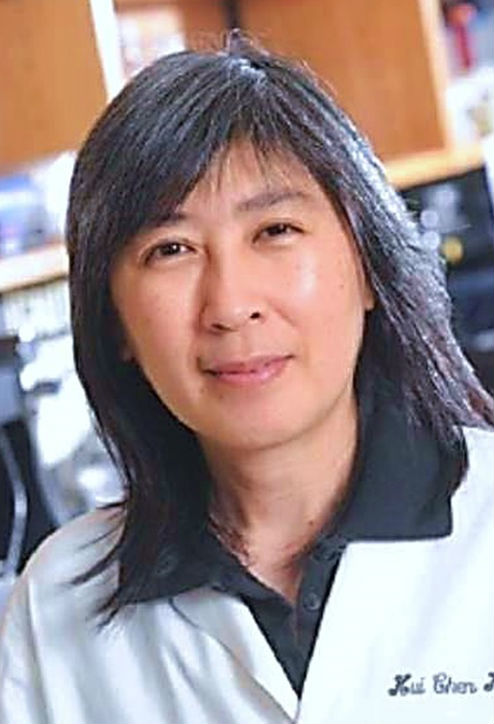Repopulation of Tolerogenic B Cells Post B Cell Depletion Therapy in Lupus
One way lupus is triggered is when B cells go haywire and start producing autoantibodies. Although current therapies that deplete B-cells can eliminate them for six months or longer, a significant number of SLE patients show only temporary and limited improvement. To improve the effectiveness of this treatment, which does not provide long-term beneficial therapeutic outcomes to many patients, Dr. Hsu’s research aims to: 1) Better understand why many patients do not show greater improvements after B cell depletion, 2) Explain why the disease-causing B cells return after treatment and then use this explanation to, 3) Develop strategies to overcome the current treatment defects to create a novel, more effective treatment for lupus.
What this study means for people with lupus
While B cells are considered a major disease-causing cell population in lupus, current therapies to destroy them have — surprisingly — not been any more effective in reducing symptoms than standard drugs used to treat lupus. Dr. Hsu aims to identify why eliminating these cells is not effective and use that information to develop a new, improved therapy with lasting benefits for lupus patients.





